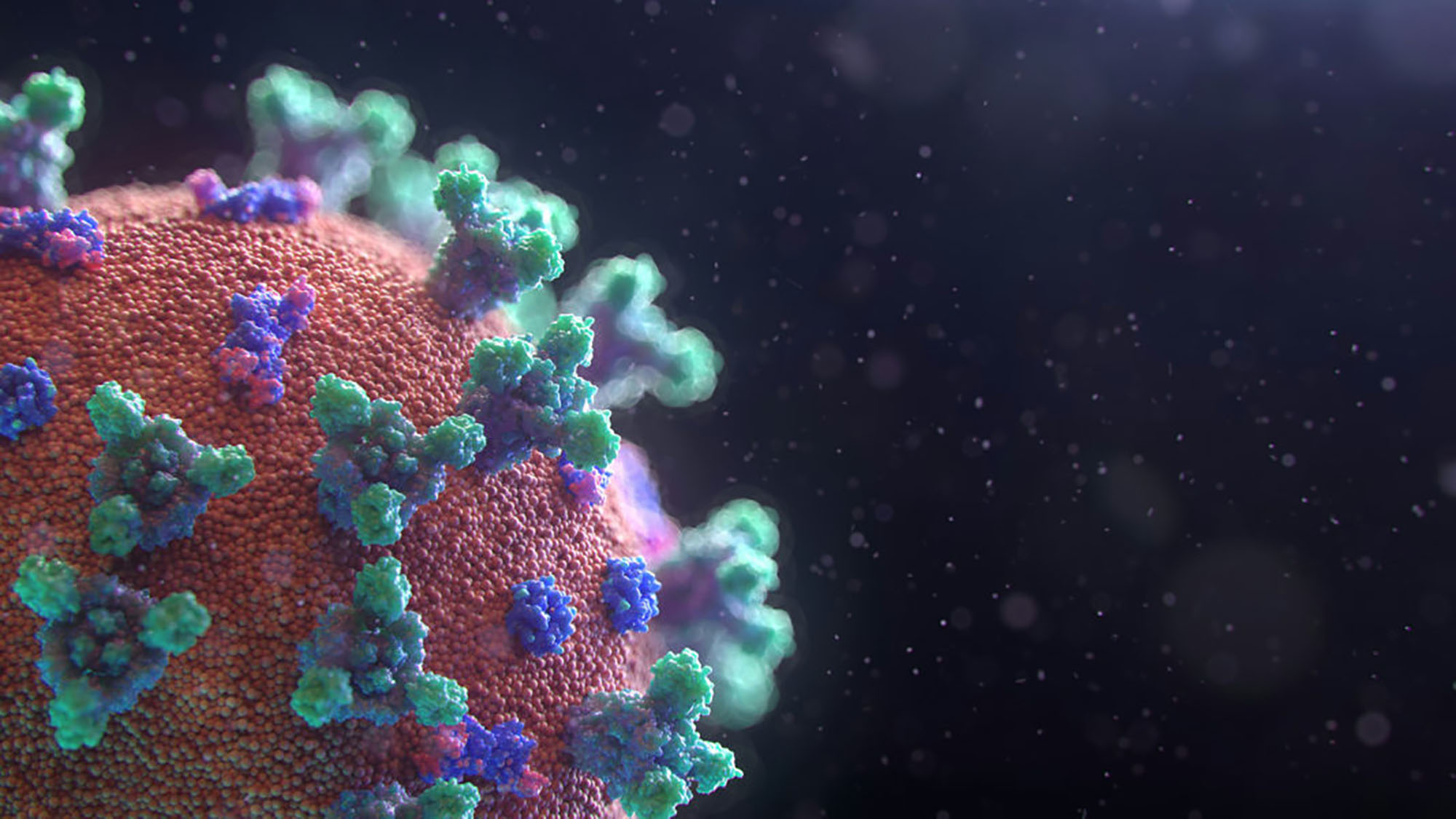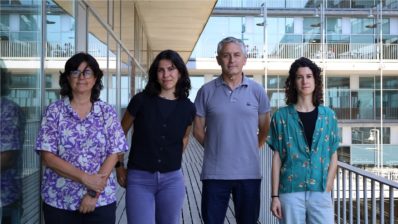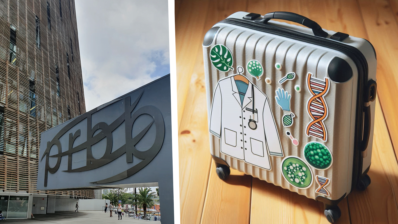A team of doctors and nurses from the Post-COVID Unit at Hospital del Mar has published a study on risk and protective factors for persistent COVID. The main conclusion is that treatment with antivirals or corticosteroids during the infection may be a protective measure against the development of persistent COVID.
The study was conducted on nearly 2,000 patients in the first two years of the pandemic. The Hospital del Mar Research Institute and the CIBER in Respiratory Diseases also participated. The main risk factors identified for persistent COVID are: obesity, asthma, being female, having high levels of eosinophils – cells associated with inflammation and autoimmune response – in the blood and having severe COVID.
Persistent COVID affects two million people in Spain. The most common symptoms are dyspnoea, fatigue and muscle aches, cough, anxiety and depression. The authors of the study recommend treatment with antivirals or corticosteroids for people who become infected and have any of these risk factors, regardless of the severity of the disease.
The authors recommend treatment with antivirals or corticosteroids for infected people who have any of these risk factors, regardless of the severity of the disease.
Another study, conducted by the REGICOR group, associates the development of severe COVID-19 with some genetic variants related to heart disease, thrombosis and inflammation. The REGICOR group is made up of research teams from the Hospital del Mar Research Institute, the University of Girona, the Institute of Biomedical Research of Girona Dr. Josep Trueta (IDIBGI), the University Hospital of Girona Doctor Josep Trueta, the IDIAP Jordi Gol and the University of Vic – Central University of Catalonia.
The study identifies 14 new variants and confirms 8 known variants. People with these variants are 10-60% more likely to have severe COVID-19. The mechanisms involved in the severity of the disease are not yet fully understood.
“This study highlights the need to continue exploring the genetic factors for the severity of COVID-19 and presents potential candidates for future genetic risk scores, for risk stratification, which could guide screening, vaccine booster or prioritisation of patients to receive new antiviral therapies,” explains Dr. Irene Román Dégano, co-principal investigator of the study.
Badenes Bonet, D.; Caguana Vélez, O.A.; Duran Jordà, X.; Comas Serrano, M.; Posso Rivera, M.; Admetlló, M.; Herranz Blasco, A.; Cuadrado Godia, E.; Marco Navarro, E.; Martin Ezquerra, G.; et al. Treatment of COVID-19 during the Acute Phase in Hospitalized Patients Decreases Post-Acute Sequelae of COVID-19. J. Clin. Med. 2023, 12, 4158. https://doi.org/10.3390/jcm12124158
Anna Camps-Vilaró, Mel·lina Pinsach-Abuin, Irene Roman Degano, Rafel Ramos, Ruth Martí-Lluch, Roberto Elosua, Isaac Subirana, Clàudia Solà-Richarte, Marta Puigmulé, Alexandra Pérez, Ingrid Vilaró, Raquel Cruz, Silvia Diz-de Almeida, Xavier Nogues, Joan Ramon Masclans, Roberto Güerri-Fernández, Judith Marin, Helena Tizon-Marcos, Beatriz Vaquerizo, Ramon Brugada, Jaume Marrugat. Genetic characteristics involved in COVID-19 severity. The CARGENCORS case-control study and metaanalysis. J Med Virol. 2024;96: e29404. https://doi.org/10.1002/jmv.29404







